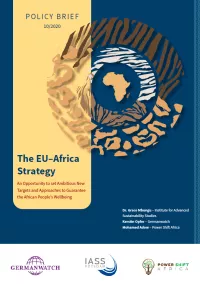
Unterstützer

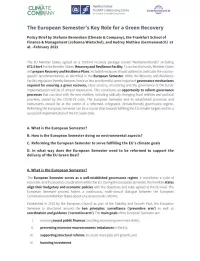
As a response to the Covid-19 crisis the EU has agreed on a historic recovery package of 750€ Billion, which includes funds for EU member states. In order to apply for financial support, EU member states need to provide Recovery and Resilience Plans. They may take into consideration country-specific recommendations, developed annually to address macroeconomic imbalance issues among EU Member States as identified within the European Semester.
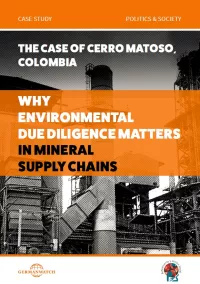
In the last year, the German government held intense and controversial discussions on the introduction and design of national due diligence regulation. However, environmental aspects of corporate due diligence were given little attention. By contrast, the debate at European level is already much more progressive. On January 27, the Legal Affairs Committee of the European Parliament explicitly recommended the inclusion of independent environmental due diligence requirements in a future European due diligence legislation.
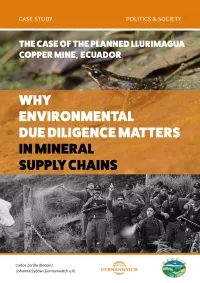
To this date, environmental due diligence has hardly been integrated into legislations and it is not yet as concrete as UN Guiding Principles on Business and Human Rights are in regard to human rights concerning responsibilities of corporations. Human rights due diligence captures environmental destruction when it is directly linked to human rights violation like a toxic spillage, which directly causes death or health issues.
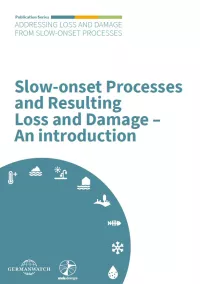
In addition to amplifying extreme weather events, climate change also causes or intensifies slow-onset processes such as sea-level rise, desertification, biodiversity loss or permafrost thaw. Both types of climate change impacts cause loss and damage, impede the enjoyment of human rights and can be drivers for human mobility. In contrast to extreme weather events, dealing with loss and damage caused by slow-onset processes in the context of climate change is still neglected, both at the national and international level.
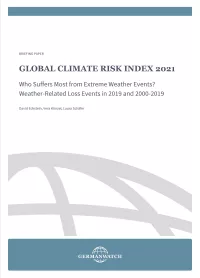
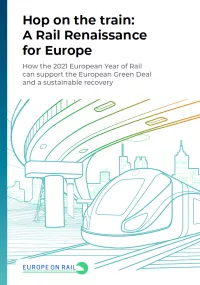
The European Union has set itself the target to become climate neutral by 2050. Rail could play a key role in the future transport system because it is clean, safe and reliable, and it could become a symbol for the European Green Deal. A strengthened European rail system could (1) better connect people and businesses in Europe, (2) reduce transport emissions by creating alternative options to road transport and aviation, and (3) give a green boost to the European economy post-Covid-19.
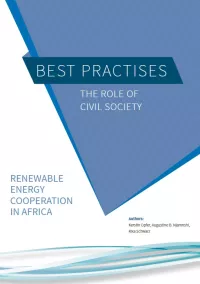
African countries have considerable and largely untapped potential in renewable energies. They have the potential to leapfrog to smart, participatory, distributed energy systems of the future without locking themselves into stranded fossil fuel assets and overly centralised energy systems. Thus, African countries can show the way to the future through bold plans and on-the-ground implementation.
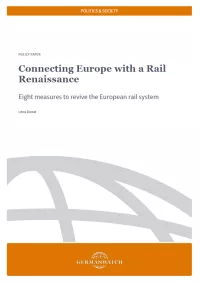
Rail is already one of the cleanest transport modes. A renaissance of a truly European rail network could not only make a major contribution to achieving the European Union’s climate targets but could also make Europeans feel and live European integration in daily life. Yet, decades of political focus on road and air travel as well as nationalist thinking have led to a patchwork of national rail systems, which are sometimes in very poor shape. Cross-border rail transport is the sore spot of the European transport system. This policy paper presents eight measures to start off the European rail renaissance.
